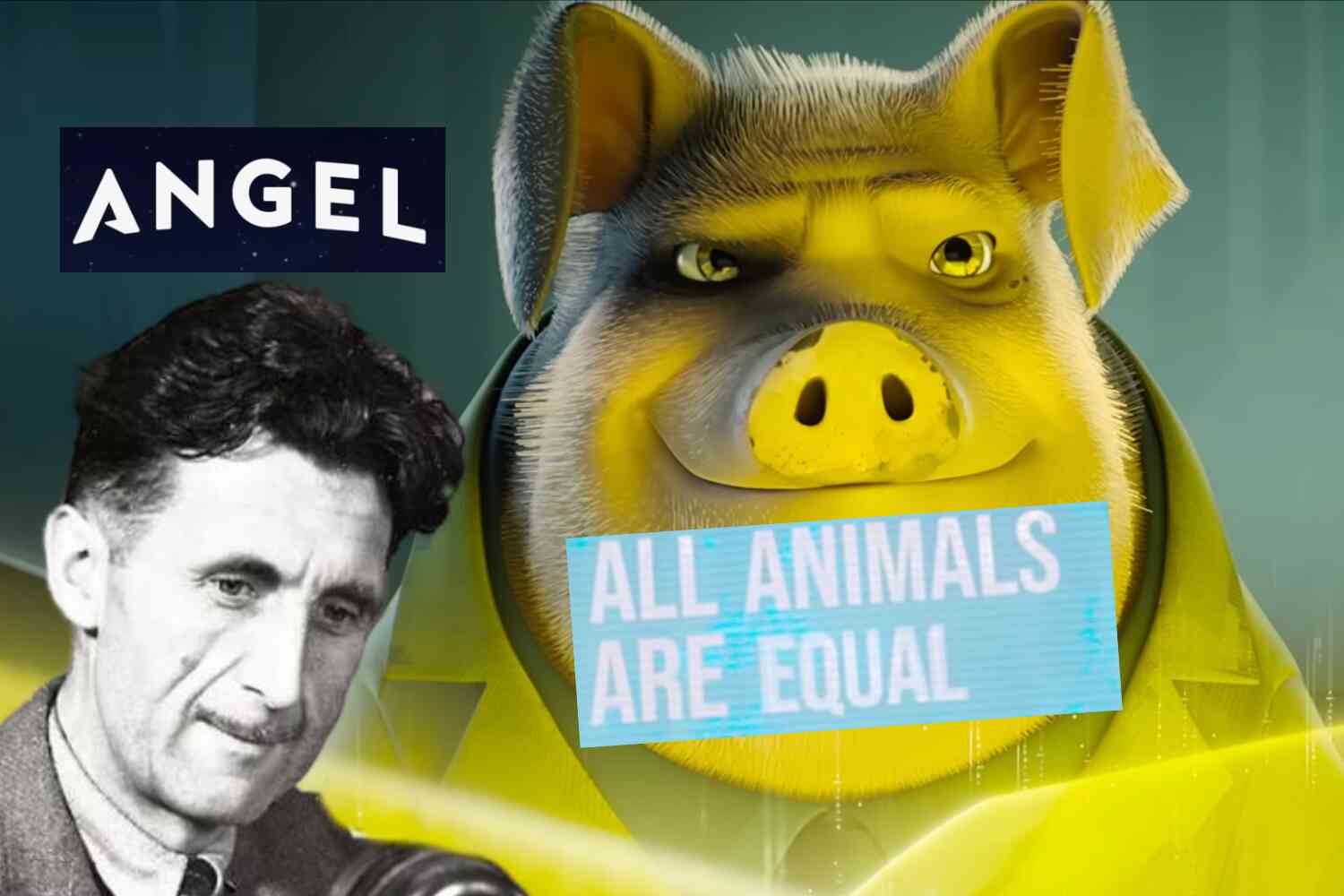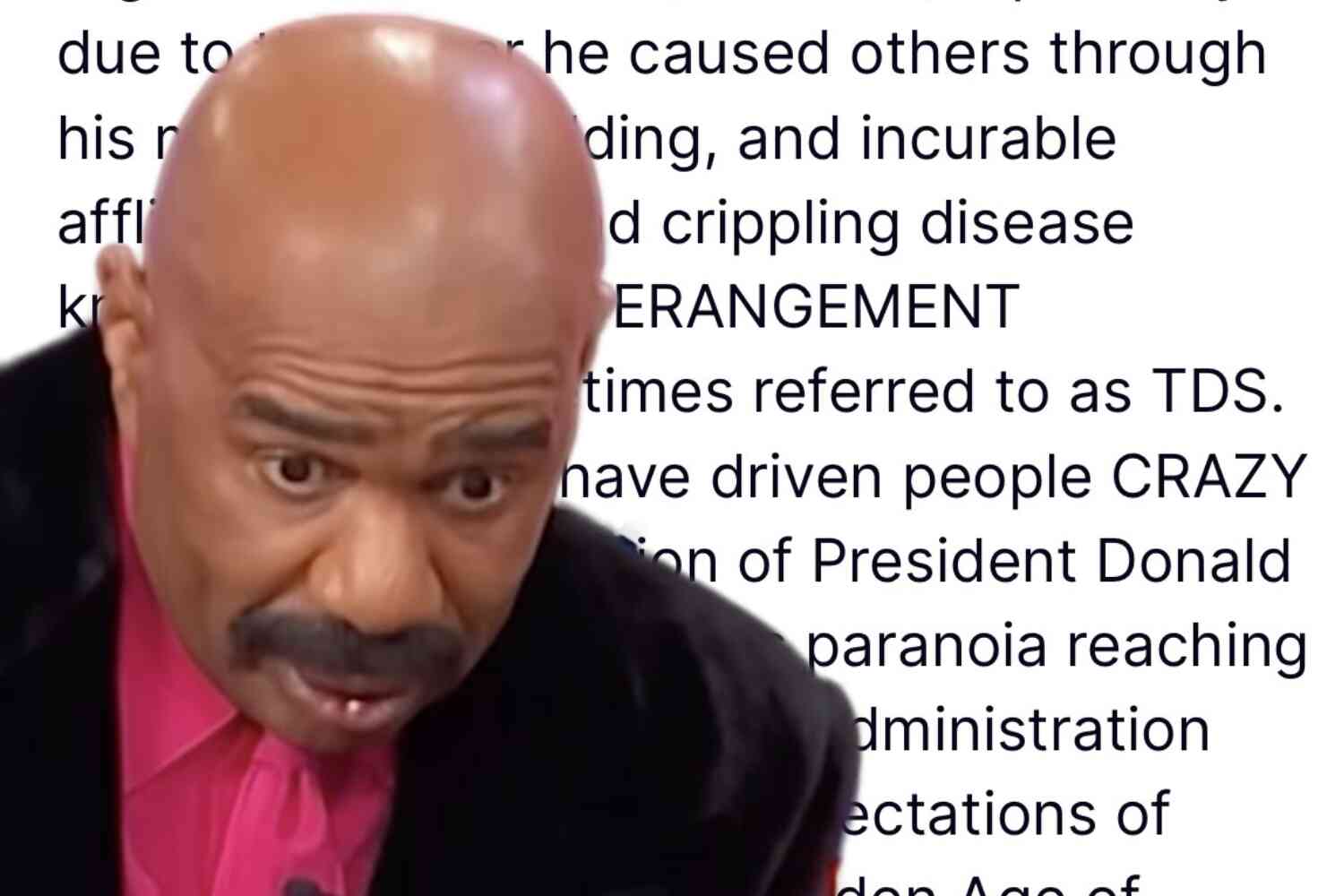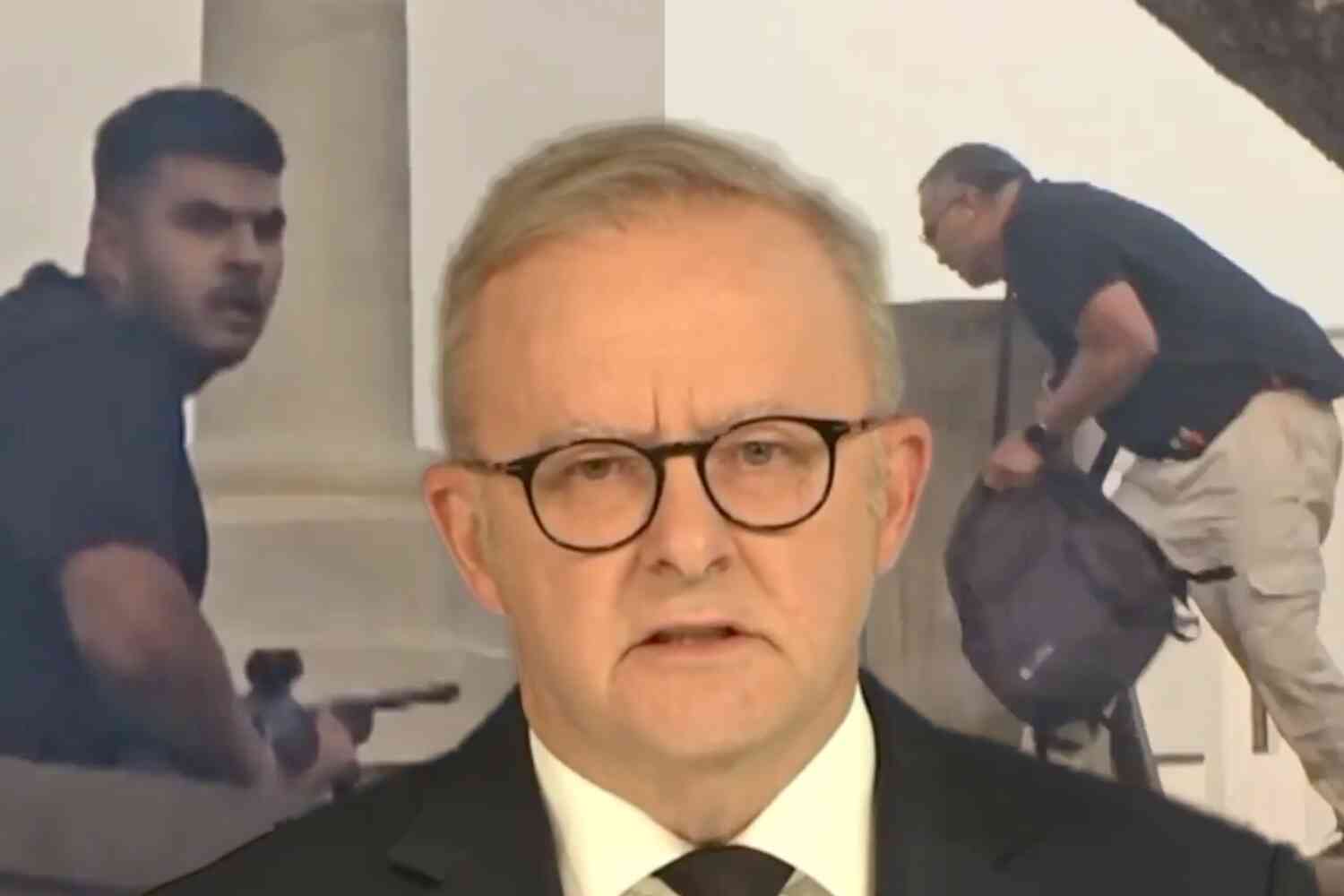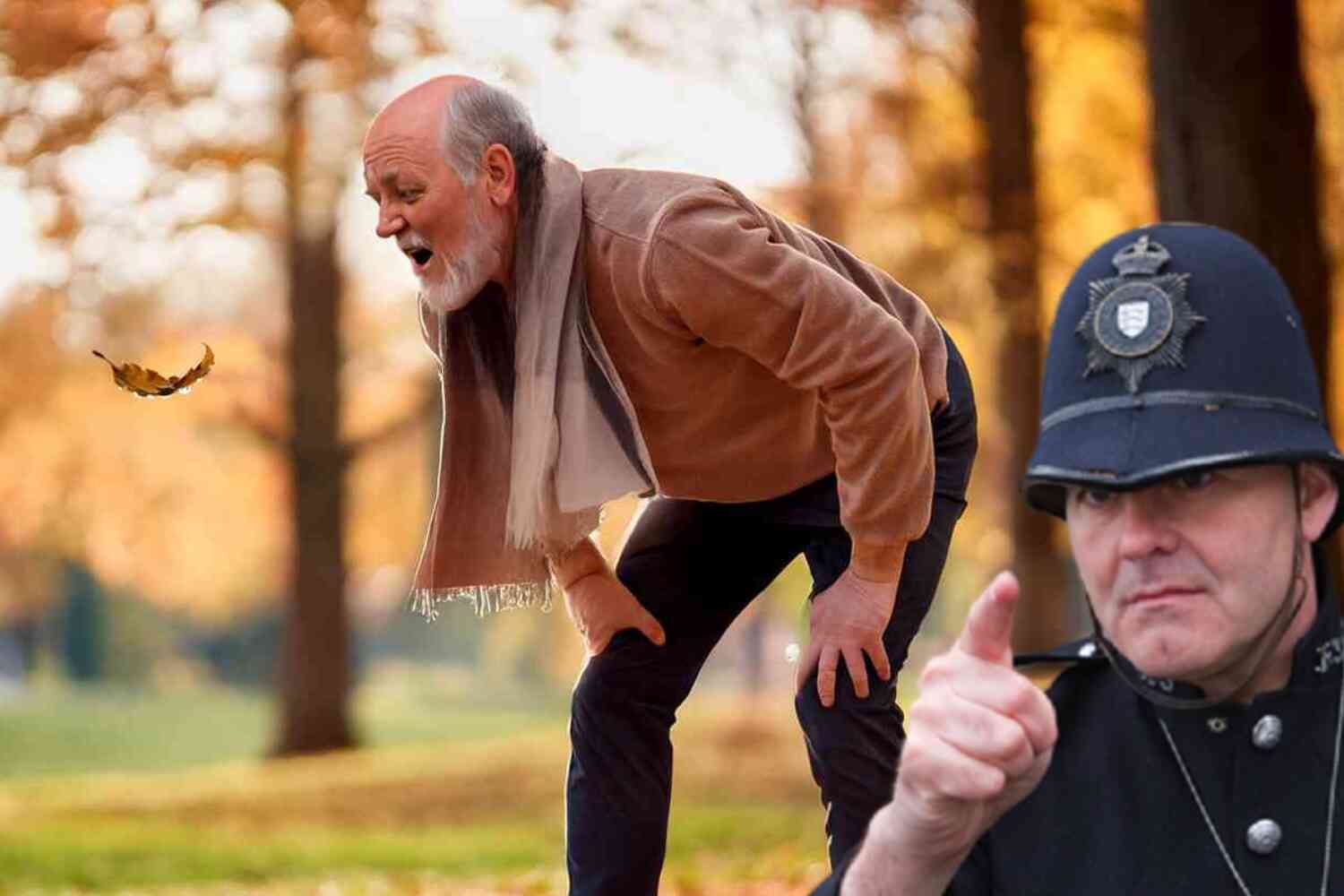When you are faced with an unsettling truth, the realization that everything you've believed, everything you've been taught, was all a lie, a ruse, a construct designed to keep you in line, there's really only one thing you can do.
Make believe you were right all the time, no matter how ridiculous you may appear to others.
"Scientists are worried."
Of course they're worried, there are grant dollars on the line!
Vox Senior Environmental Reporter, Benji Jones, starts off the piece with a recitation of how we humans are destroying the planet almost as if it's just muscle memory and he can't help it. In times of personal upheavals we often return to the safe and the known, like comfort foods. For Jones, it's his comfort narrative.
Maybe you've heard: Earth, our planet, is not doing great.
"Earth, our planet?"
Appreciate the clarification.
Tropical forests are getting cut down. Parking lots are replacing bird-filled grasslands. Climate change is fueling forest-razing wildfires. On the whole, natural, plant-filled habitats, seem to be disappearing.
Right, forests being razed, wildlife being paved over, the world is on fire, yadda yadda yadda.
We got it, thanks.
Despite this destruction, scientists keep coming to an odd conclusion: The Earth is growing greener. Not green in the metaphorical "sustainable" sense, but in the literal color green.
It's only an odd conclusion if you've abandoned critical thinking and limited yourself exclusively to a steady stream of climate hysteria.
In the last four decades, the extent of green vegetation — i.e., the amount of leaves in a given area —
First, Jones felt the need to explain to his readers that the Earth was "our planet," and now he feels compelled to point out that leaves are green.
Well, I suppose public education isn't what it used to be.
... has substantially increased across the planet, according to a number of recent scientific studies based on satellite data. There's actually more green space today, not less.
Actually!
These results are somewhat counterintuitive. In an age of deforestation, you might expect Earth to get browner or more gray, as satellites see stumps in place of trees and runways in place of wetlands. Where is all this green color coming from?
It would be counterintuitive only to someone who never once thought to question the assumptions of climate-change cultists, who has been fed nothing but a steady diet of deforestation, denuded habitats, and paved-over wetlands.
Otherwise he'd know that this is a phenomenon that has been going on for at least 100 years, in large part as a result of revolutionary gains in productivity on the part of agriculture, which requires far less land to feed far more people.
How does he explain this baffling mystery?
Pollution. Well, pollution redefined to fit the narrative.
One explanation is air pollution. Carbon dioxide is not only a pollutant ...
The battle over CO2 being labeled a pollutant has gone on for some time. In 2003, the Supreme court ruled that CO2 was not a pollutant subject to regulation under the Clean Air Act of 1970, which of course it wasn't, given CO2 is a naturally occurring trace gas essential to all life on earth, and was not envisioned as a pollutant at the time the Clean Air Act was passed.
In 2007, the Supreme Court overturned itself labeling CO2 a pollutant and in 2022, newly loaded up with Trump appointees, pulled back a bit placing some limited guard rails on what actions the EPA could take but permitting the 2007 decision to largely stand.
It's no wonder people are confused.
Jones does concede that CO2 can be useful due to a mysterious process known only to select few who didn't fall asleep in seventh-grade biology:
Photosynthesis.
... but a fertilizer — a key ingredient in photosynthesis that helps plants grow. Some farmers inject CO2 into their greenhouses to accelerate plant growth. But now we're fertilizing plants on a global scale: In the last two centuries, NASA reports, humans have increased the CO2 content in the air by roughly 50 percent. All that extra CO2 is accelerating leaf growth, and satellites can see it.
Again, those of us who have been following this issue with open minds knew this decades ago. More CO2 means more plant growth.
(This isn't even the complicated part.)
Why, it's almost as if people who obsessively focus on a handful of tightly defined events like a forest fire here and an airport runway there as opposed to stepping back for a moment fail to understand the bigger picture.
Talk about missing the forest for the trees.
Literally, as Jones might say.
Humans are also just growing more plants. The 2019 Nature study found that the dominant driver of recent global greening is a combination of more farming and, to a lesser extent, more tree planting. People are growing more crops on the same amount of land and turning barren patches of soil into verdant farms.
He goes on to note that the ocean is greening up as well for reasons that are unclear. More phytoplankton? An increase in green-pigmented phytoplankton? It warrants further study.
After a good number of paragraphs outlining the clearly documented increase in greenery on the planet and a specific recitation of the sources of said greenery and the factors driving the process he moves on to the part of our program in which he engages in pure speculation, likely wearing out several sets of worry beads as he recites all the ways that akshually this is a very bad thing and climate hysterics were right all along.
The big problems behind the green sheen
There's a lot that color alone leaves out, such as what that 'green' is made of.
He goes on for paragraphs starting with how native forests are torn up to be replaced by agriculture, which is bad because it displaces wildlife ... but also that completely barren land is torn up to be replaced by agriculture, which is bad because it uses a lot of water.
You can't win with this guy.
He talks about the hazards of replacing diverse ecosystems with monocultures of crops and trees and even points out that sometimes the trees die.
Because, I guess natural trees are immortal?
He writes about excessive fertilizer use and points out that rapidly growing plants fueled by CO2 can have lower nutritional value and then conflates that with a statistic about there being 2 billion people with nutrient deficiencies hoping you won't notice. For those who do notice, and who click through the link he provides, will find a WHO study that concludes that those deficiencies are the result of not having access to enough food, you know, the kind grown on these "problematic" farms he's so concerned about.
All these issues, taken separately, are legitimate sources of attention, but here they are employed in the service of a rapidly fraying narrative.
So, yes, greening is complicated. It's not inherently good. Sometimes it's very bad. Context, it turns out, matters a lot.
This is Jones giving you permission to ignore the greening of the planet and to continue to believe we are all doomed if we don't start driving EVs.
He finishes with something that I believe is more anti-human than he appreciates.
If there's anything we can glean from color alone it's the scale of human impact. It's not that nature is healing — that forests are growing back because we left them alone — but that we have drastically changed the atmosphere, the ground, and the ocean. We have changed the very look of our planet, and it's visible from space.
Yes, we have changed "the very look of our planet," but we are a part of nature, too. We count. There are natural habitats that are worth preserving, there are things worth worrying about, but here he frets about something else entirely.
That we exist.
I don't think it's intentional, I've read some of his other material and he in no way comes across as a Voluntary Human Extinction Movement enthusiast, but this rhetoric environmentalists employ is dangerous.
All manner of natural processes have shaped this planet, including life itself. We're part of that, we're going to have an effect, and we do have challenges, but that's okay.
Or, as the great poet-philosopher Kermit the Frog put it:
P.S. Now check out our latest video 👇









